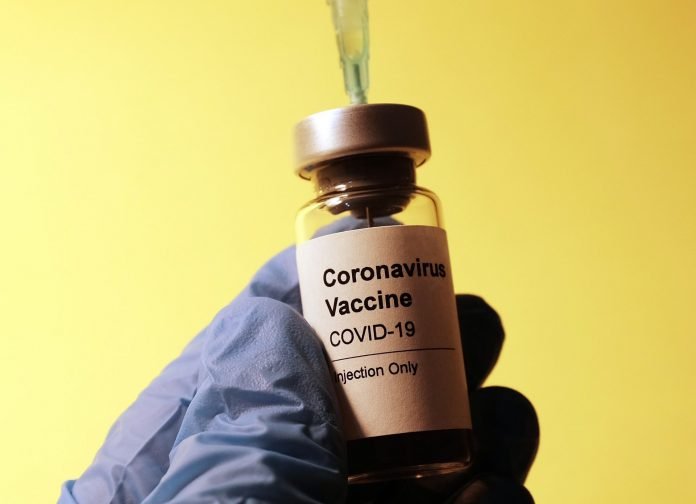
In a new study from the University of Liverpool, researchers looked at rare cases of blood clots in the brain and low platelets seen in some patients after vaccination.
The study highlights the importance of rapidly spotting this new syndrome, vaccine-induced thrombosis and thrombocytopenia (VITT), and the importance of following a particular treatment approach that is very different from the standard approach to thrombosis.
The researchers were the first clinicians in the UK to spot the link between the Oxford/AstraZeneca vaccine and rare cases of blood clotting with a low platelet count.
They then found the correct diagnostic test for the syndrome and recommended a treatment approach that avoids the use of the blood thinner heparin.
In the study, the team reported on the cases of 23 patients, who all presented with thrombosis and thrombocytopenia after receiving the AstraZeneca vaccine.
No patients had underlying conditions which would predispose them to blood clots.
Tests confirmed the presence of the PF4 antibody (platelet factor 4) in almost all cases (21 out of 23).
These antibodies are usually triggered in rare instances by the blood-thinning drug heparin, a syndrome known as heparin-induced thrombocytopenia (HIT).
But the patients reported in this study did not receive heparin, so could not have had HIT.
The researchers conclude that they were seeing a heparin-independent PF4-dependent syndrome in the setting of the AstraZeneca vaccine.
They caution that this syndrome needs to be identified quickly if present because the treatment needs to be very different to how blood clots and low platelet counts are normally treated.
The team says although it is a very rare side effect, this issue of clots in the brain and elsewhere combined with blood abnormalities following COVID-19 immunization is extremely important.
The researchers stress that vaccination remains the key route out of the pandemic, and everyone should continue to receive a vaccine when offered one.
If you care about the COVID-19 vaccine, please read studies about scientists develop COVID-19 vaccine nasal spray and findings of new vaccine can protect against multiple COVID-19 viral strains.
For more information about the COVID-19 vaccine and your health, please see recent studies about why it takes 2 shots to make COVID-19 mRNA vaccines do their antibody-creating best and results showing how the body responds to the COVID-19 vaccine.
The study is published in the New England Journal of Medicine. One author of the study is Professor Tom Solomon.
Copyright © 2021 Knowridge Science Report. All rights reserved.



